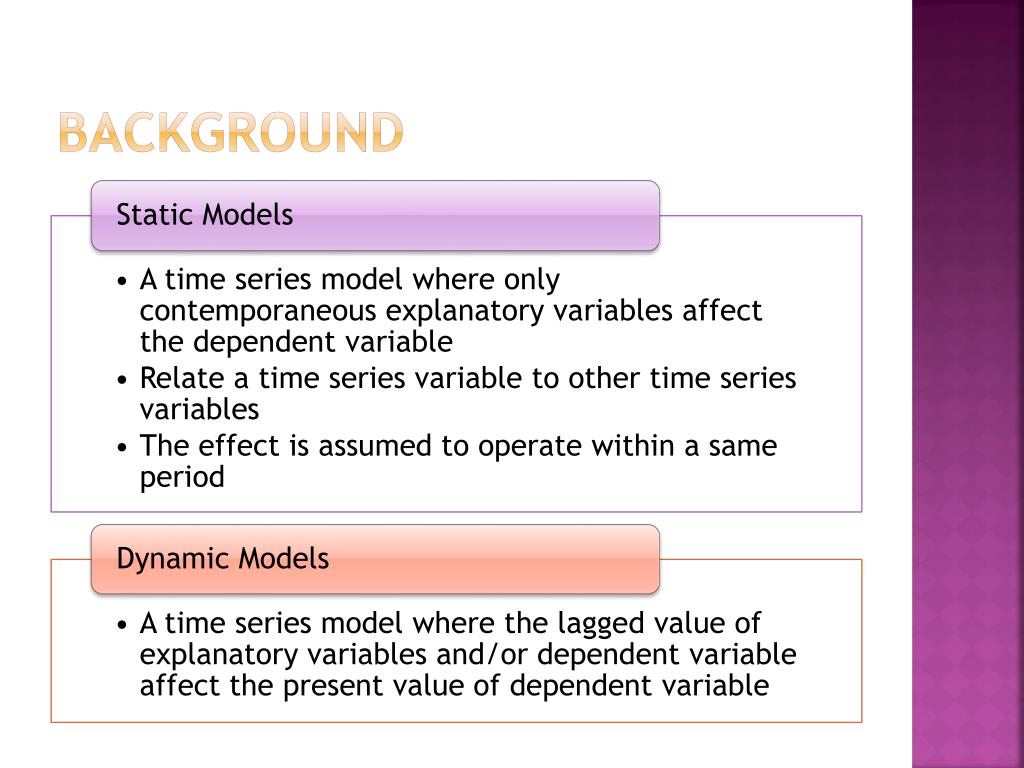

Nevertheless, climate change has been a negative externality of this relentless human pursuit.

Modern day consumerism and consumption have imparted substantial momentum to economic growth, which has been largely responsible for the financial upliftment of many countries. ( Wang and Wiser, 2002 Jacquet and Jamieson, 2016). This realization has led to several multilateral initiatives being undertaken by the conscience-stricken international community through the way of globally inclusive platforms such as the Stockholm Conference, Montreal Protocol, Rio Convention, Kyoto Protocol, the recent Paris Agreement, etc.

It is lately that governments have realized the significance of environmental conservation and its perils in case of any further degradation, thus leading to policy formulation around sustainable development ( Chowdhury et al., 2021 Dale et al., 2020 Xu et al., 2021). Climate change as an objective reality has dawned upon our collective conscience in the late 19th century. Historically, production and trade have been our bedrock of economic growth spanning across ancient civilizations to the contemporary world. The genesis of globalization was based on the idea of free trade amongst countries as promulgated by Adam Smith in his seminal work – The Wealth of Nations.
Autoregressive distributed lag eviews full#
The full terms of this licence maybe seen at. Anyone may reproduce, distribute, translate and create derivative works of this article (for both commercial and non-commercial purposes), subject to full attribution to the original publication and authors. This article is published under the Creative Commons Attribution (CC BY 4.0) licence. Published in Journal of Economics, Finance and Administrative Science.
Autoregressive distributed lag eviews license#
Copyright © 2021, Yaswanth Karedla, Rohit Mishra and Nikunj Patel License


 0 kommentar(er)
0 kommentar(er)
